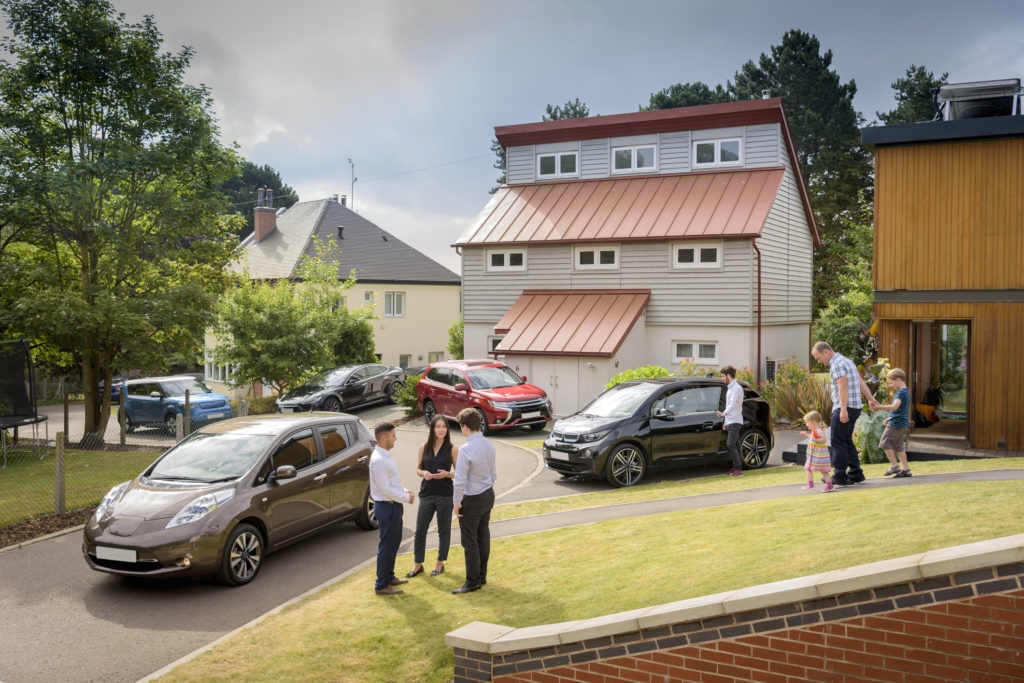Scotland commits to green transport
05 September 2018

5 September 2018
Scotland will continue its march towards greener roads by improving electric vehicle (EV) infrastructure and providing more emissions-friendly solutions to public transport.
The move builds upon last year’s Programme for Government, which aimed to reduce greenhouse gas emissions. Scotland’s First Minister Nicola Sturgeon announced £16.7 million (€18.5 million) in additional funding to contribute to the nation’s green ambitions.
Of the allotted funding, £1.7 million (€1.9 million) is being invested in more than 100 new green buses. £15 million (€16.6 million) is going into a new infrastructure, which includes over 1,500 new electric charge points in homes, businesses and public spaces.
Speaking on a visit to their headquarters in Cambuslang, the First Minister said: ′In last year’s Programme for Government we committed to removing the need for petrol and diesel cars and vans on Scotland’s roads by 2032.’
When the plan was originally announced, Autovista commented that as Scotland’s devolution powers do not include vehicle standards or taxation, it is difficult to see how it can pass a law to ban sales ahead of that being brought in by the UK. It could also lead to a situation where buyers will travel to England to purchase their vehicles for the eight years between the proposed bans.
On top of the infrastructure upgrades, the ′Switched On Towns and Cities’ initiative, which aims to create 20 ′electric towns’ by 2025, will make using EVs more practical for locals.
′Electrifying the road network and transforming the way we travel is vital to reducing our carbon emission, tackling climate change and improving air quality,’ said Sturgeon. ′This year we want to go further still through the package of support we’re announcing in this year’s Programme for Government, as well as our continued investment of £1 billion a year in low carbon and public transport.’
This news comes as Scotland improves its Low Carbon Transport Loan scheme, which received a boost in funding to £20 million (€22.3 million), up £12 million (€13.4 million) from the previous year.
The plan allows businesses to take an interest-free loan of up to £120,000 (€133,654) to lower their transport and travel costs by moving towards low-carbon vehicles and investing in vehicle efficiency devices.